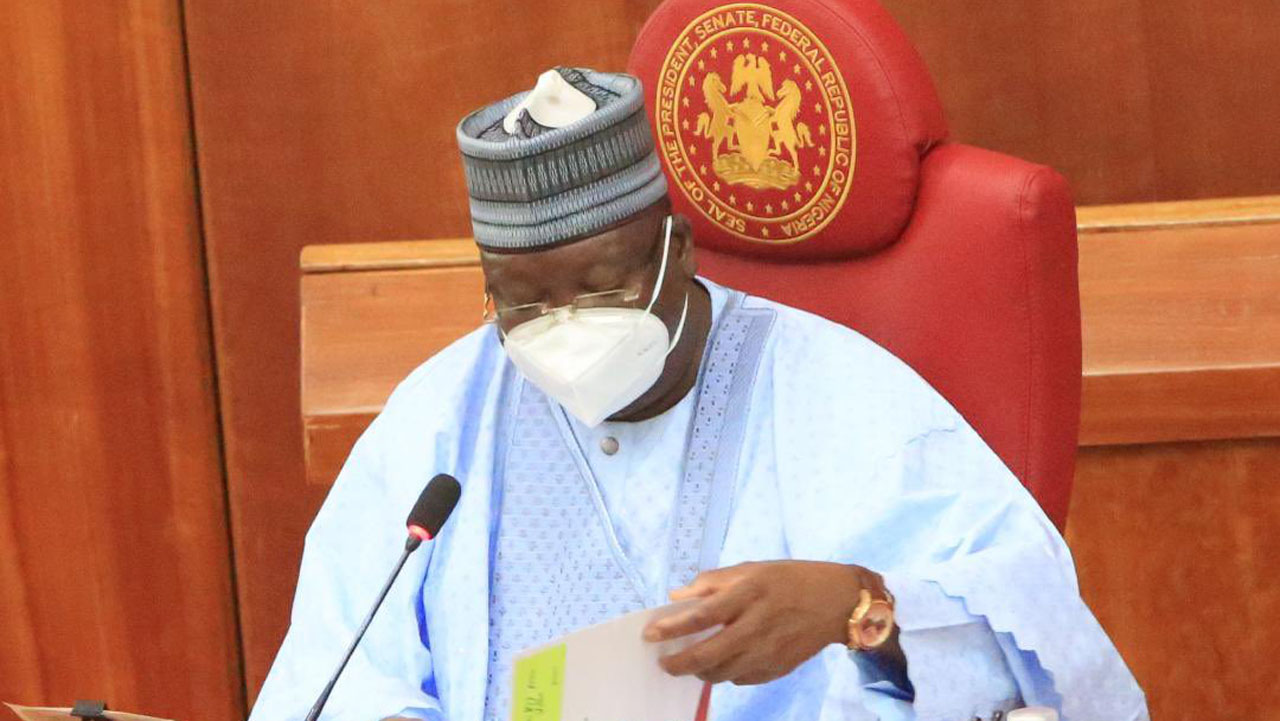
IPAC, women groups laud FG, seek implementation, affirmative action
Barely five days after assenting to the Electoral Act 2022, President Muhammadu Buhari has written to the Senate to amend the newly-signed act.
The President, in a letter addressed to the Senate President Ahmad Lawan, and read at plenary yesterday, demanded the federal lawmakers to delete Section 84 (12) outright.
The letter reads: “I write to draw your kind attention to some salient issues contained in the act and to seek your immediate legislative action thereon. I have carefully studied the recently assented electoral act amendment 2022 and must admit that there are positive provisions that could revolutionalise election process in Nigeria, particularly through the introduction of technology that will guarantee the constitutional rights of citizens to vote effectively.”
He, however, added that the practical application of section 84(12) “subjects serving political office holders to inhibitions referred to under Section 40 and 42 of the 1999 Constitution as amended, if is imperative to note that the only constitutional expectation from serving political office holders that qualify by extension as public officers within the context of the constitution is resignation, withdrawal or retirement, at least 30 days before the date of the election, as provided in Section 6(1)(f) of the 1999 Constitution.”
THE Inter-Party Advisory Council (IPAC) has called on all and sundry to ensure the revolutionary provisions of the Electoral Act go beyond mere paper work to reality in the conduct of elections in the country.
Disclosing this at a press briefing in Abuja, yesterday, IPAC National Chairman, Yabagi Sani, said with the signing of the Electoral Act into law, the President has succeeded in etching his name in gold in the country’s march on the path of democracy and good governance based on credible elections.
He also commended members of the National Assembly for their courage, patriotism and resilience in nurturing, perfecting and passing of the new Electoral Act.
He said: “With the signing of the amended electoral act by Buhari, Nigeria has recorded a milestone in its history of democracy.”
ALSO, women groups under the aegis of Womanifesto, yesterday, commended Buhari for assenting to the amended act.
The new act, together with the 1999 Constitution (as amended), will constitute the principal law to govern the conduct of future elections, including next year’s general elections.
On behalf of the group, Dr. Abiola Akiyode-Afolabi told The Guardian: “We believe that by this act of the President, the Electoral Act 2022 holds a lot of potential for improving the electoral processes, particularly with women affirmative action and efforts to engender clarity and transparency.
“He has shown commitment to democracy as the assent to the bill came at the right time, with the 2023 general elections underway.
We, however, need to remind stakeholders particularly political parties, to ensure strict adherence to the affirmative action as contained in the newly signed legal framework in choosing next set of leaders to various political offices come 2023.”



